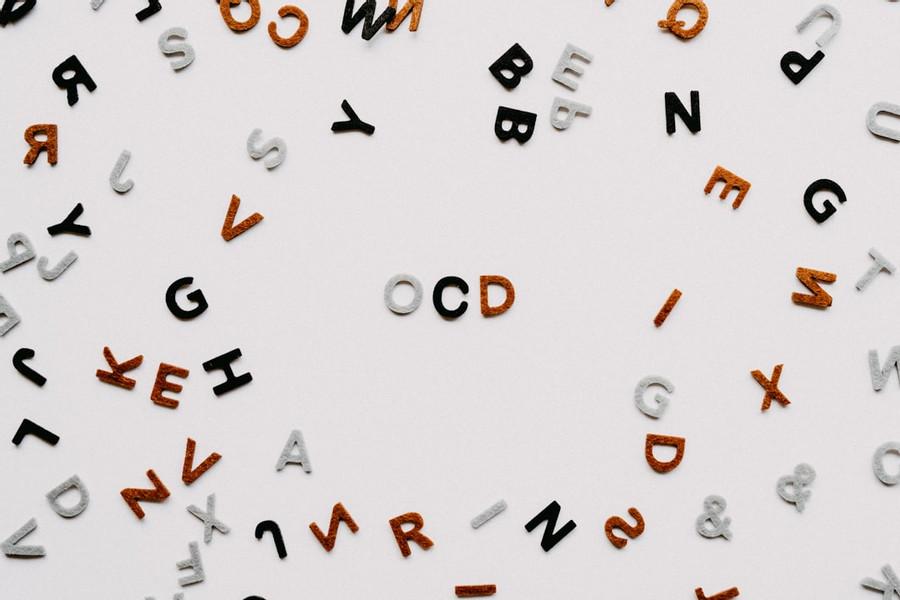The Logic of Compulsions and Ritualized Behaviors
Curated from: psychologytoday.com
Ideas, facts & insights covering these topics:
5 ideas
·363 reads
2
Explore the World's Best Ideas
Join today and uncover 100+ curated journeys from 50+ topics. Unlock access to our mobile app with extensive features.
Obsessive Compulsive Disorder(OCD)
One of the most easily recognised features of OCD is the seemingly illogical actions people initiate while suffering from the condition. However, even though these rituals may seem illogical to the casual observer, our work has demonstrated that these rituals have an intelligible underlying logic of their own. It is also important to point out that successful treatment of OCD is based on being able to identify the underlying logic and use interventions based on the exact same logic.
10
96 reads
Rituals Based On Fear Or Pleasure
We can distinguish obsessive compulsions based on fear (such as hand washing enacted to prevent contamination) from those based on pleasure (such as compulsive shopping, vomiting syndrome or pathological gambling).
Many such rituals are done in a specific sequence and others can be done to feel a certain way or to achieve a specific sensation. The logic underlying these rituals is important, because if the clinician doesn’t recognise the logic supporting the compulsion, they won’t be in a position to know what kind of intervention will be necessary to treat the problems effectively.
11
80 reads
A Strategic Description of Rituals
Rational and preventive rituals: These rituals are specific actions that arise from the patient’s belief that doing so can prevent a certain feared situation from happening.
Reparative rituals: The performance of these ritualised actions or thoughts hold the illusion of protection for the person from something that could have happened already.
Propitiatory rituals: The performance of these rituals or thoughts (seemingly magical) appear to make something positive happen, or have the illusion of helping the patient avoid something negative.
12
68 reads
Failed Attempts at a Solution
- Avoidance of any anxiety provoking places, people or objects. This is essentially an attempted solution which feeds the problem.
- A continual search for reassurance or help from family members, friends or partners, who can eventually become entangled in the pathological mechanisms.
10
67 reads
Family and Friends
Family members are very often involved in these dysfunctional rituals or control. Patients who suffer from OCD can become more anxious and aggressive over time towards friends and family if they refuse to cooperate and this must be managed effectively so as to avoid worsening the situation. It is very important that others participate in the treatment to increase its effectiveness. It is important that family members step aside from this pathological and vicious circle and allow for the restoration of the patient’s responsibility for their problem.
10
52 reads
IDEAS CURATED BY
Danielle West's ideas are part of this journey:
Learn more about scienceandnature with this collection
How to network effectively
How to read body language
How to find common ground with others
Related collections
Similar ideas
13 ideas
How to recognise the symptoms of anxiety and get help
theguardian.com
5 ideas
9 ideas
Relationship OCD | Made of Millions Foundation
madeofmillions.com
Read & Learn
20x Faster
without
deepstash
with
deepstash
with
deepstash
Personalized microlearning
—
100+ Learning Journeys
—
Access to 200,000+ ideas
—
Access to the mobile app
—
Unlimited idea saving
—
—
Unlimited history
—
—
Unlimited listening to ideas
—
—
Downloading & offline access
—
—
Supercharge your mind with one idea per day
Enter your email and spend 1 minute every day to learn something new.
I agree to receive email updates





